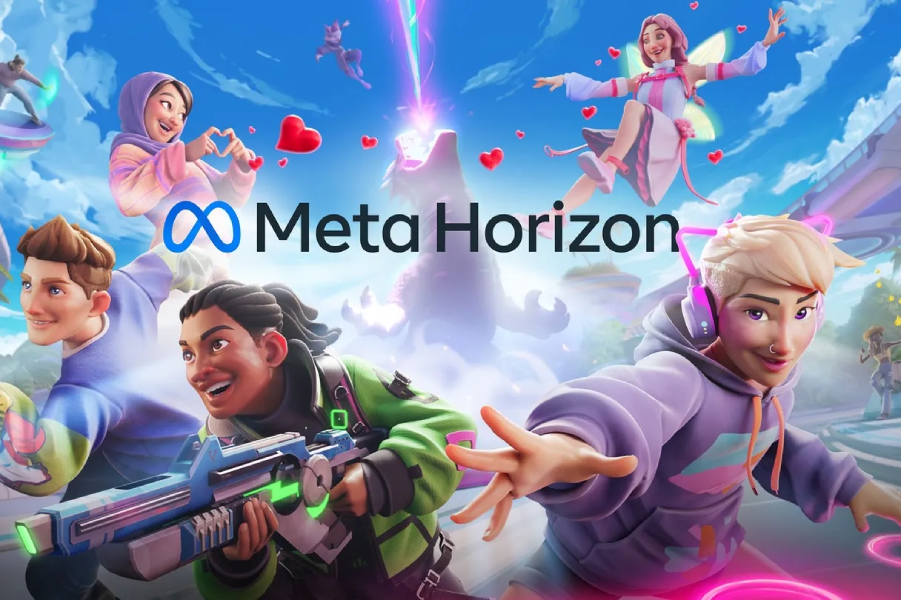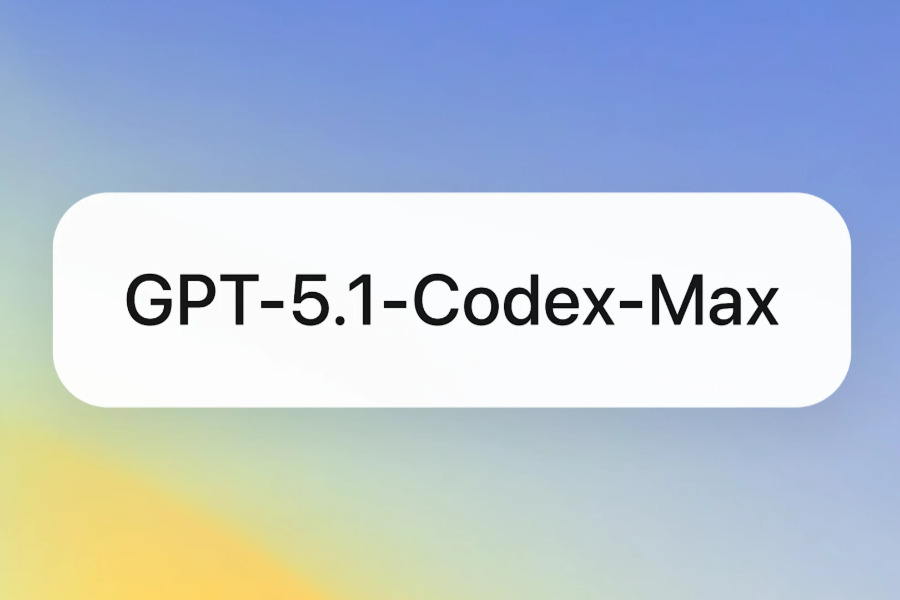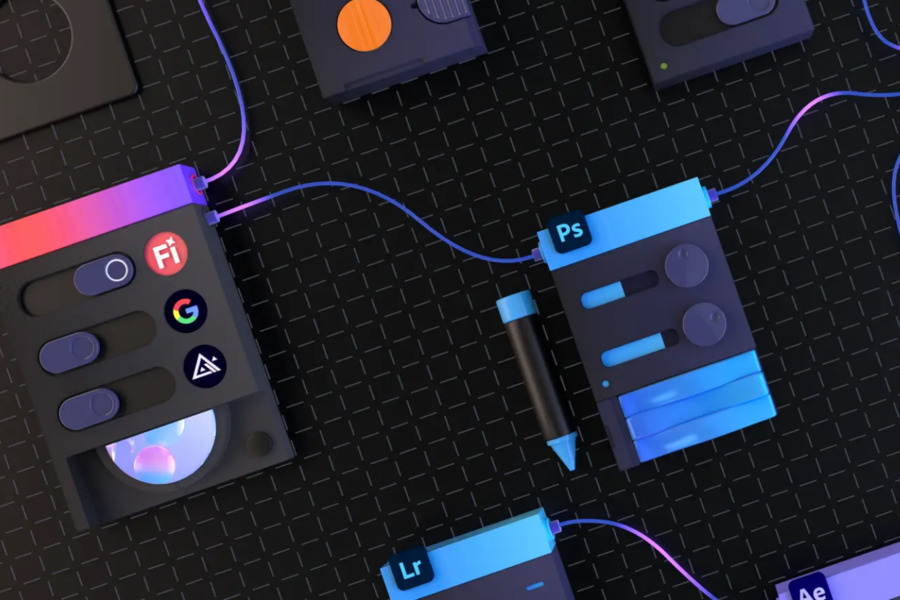Recently, Meta officially announced a major update for its virtual-reality social platform——Meta Horizon Worlds Update. The centerpiece of this update is a powerful set of AI tools that will let developers easily create and deploy “soulful” AI non-player characters. These NPCs will no longer be puppets that repeat fixed lines; instead, they will understand player intent and hold natural voice conversations.
According to Meta, the tools will soon be opened to developers. Several experience zones, such as Bobber Bay Fishing, are already testing the feature, giving players an early taste of interacting with intelligent NPCs. This initiative signals that Horizon Worlds—and the entire virtual-world ecosystem—is moving away from static scenes and preset scripts toward a new phase filled with dynamic interactions and personalized experiences.
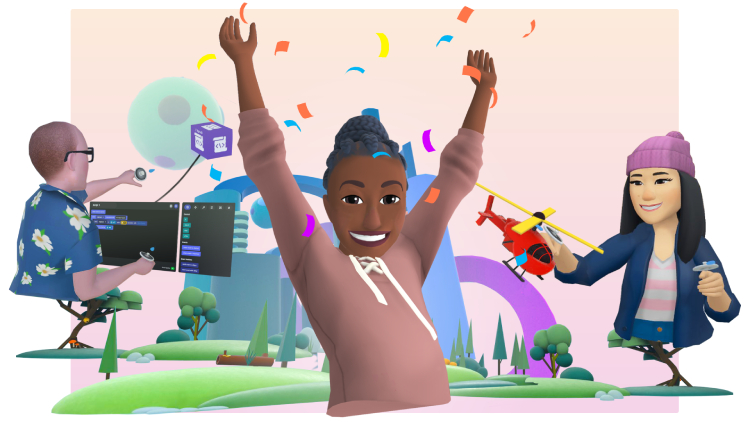
Meta Horizon Worlds Update Core Features
This Meta Horizon Worlds Update gives developers a complete toolkit to create AI NPCs more easily and flexibly than ever.
- Powerful AI voice dialogue
The most eye-catching feature is the ability for developer-created NPCs to listen to players’ speech in real time and respond with fluent, natural language. This is powered by Meta’s deep expertise in large language models (LLM) and speech-recognition technology. It breaks free of traditional text-dialog boxes, making conversations with virtual characters as natural as talking to real people.
- Fully customizable appearance and gestures
In addition to “intelligence,” developers control every aspect of the NPCs’ “shell.” Skin tone, hairstyle, clothing, and unique gestures can all be molded like clay, giving each character a one-of-a-kind look. This high degree of customization ensures that every NPC fits the theme of its virtual world perfectly, boosting overall immersion.
- Behavior editor: goodbye to complex code
Meta has introduced an intuitive “behavior editor.” With simple commands, developers can set NPC logic—such as “when a player approaches, say a welcome line” or “when a player completes a quest, give a reward.” This significantly lowers the technical barrier, letting creators with no programming experience quickly build complex interactive scenes.
- Backstory module: giving characters a soul
Every intelligent NPC will have an editable “backstory module.” Developers can define detailed personality traits, history, and knowledge. For example, you could set an NPC to be “an astronaut passionate about the night sky,” and it will converse deeply on that topic, even sharing relevant scientific facts. Each interaction becomes surprising, and the NPC truly feels alive.、
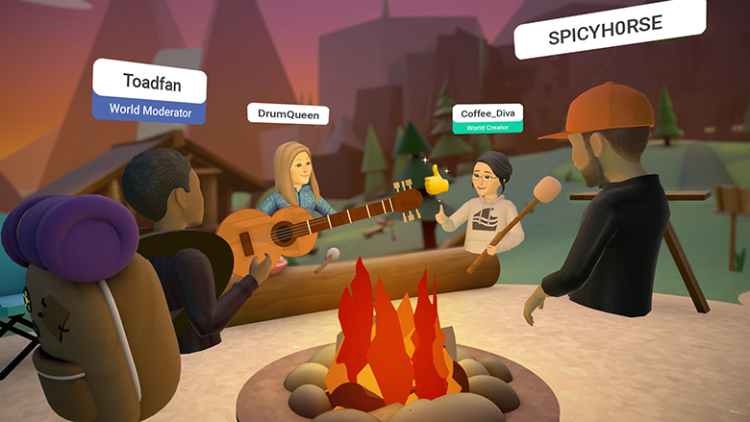
Far-Reaching Impact: A Qualitative Leap for Virtual Worlds
The update’s effects are multifaceted, changing how developers create, revolutionizing player experiences, and reshaping the entire virtual-platform ecosystem.
For developers: limitless creativity
Meta’s toolkit turns smart-NPC development from a “programming puzzle” into “creative expression.” Developers no longer need to invest huge time and resources writing complex dialogue scripts; they can focus on storytelling and gameplay design. This dramatically lowers creation costs, accelerates testing and iteration, and offers unprecedented opportunities to indie developers and small studios.
For players: doubled immersion and freshness
Players will no longer face repetitive, mechanical dialogue and quests. Every exchange with an intelligent NPC will be unique. Whether completing tasks, socializing, or exploring storylines, the experience will be more vivid and personalized, greatly increasing immersion and playability.
For the platform: a thriving ecosystem
By empowering creators, Meta hopes to attract more talented people to the Horizon Worlds ecosystem. When high-quality, creative experiences keep emerging, platform content richness will grow exponentially. This will draw more new users and strengthen retention, creating a virtuous cycle of prosperity.
Conclusion
This Meta Horizon Worlds update is more than a technical advance; it is a conceptual revolution. It places the key to “creating AI companions” in every developer’s hands. Future virtual worlds will no longer be theaters running on preset scripts, but living, thinking stages full of unknowns and surprises.
